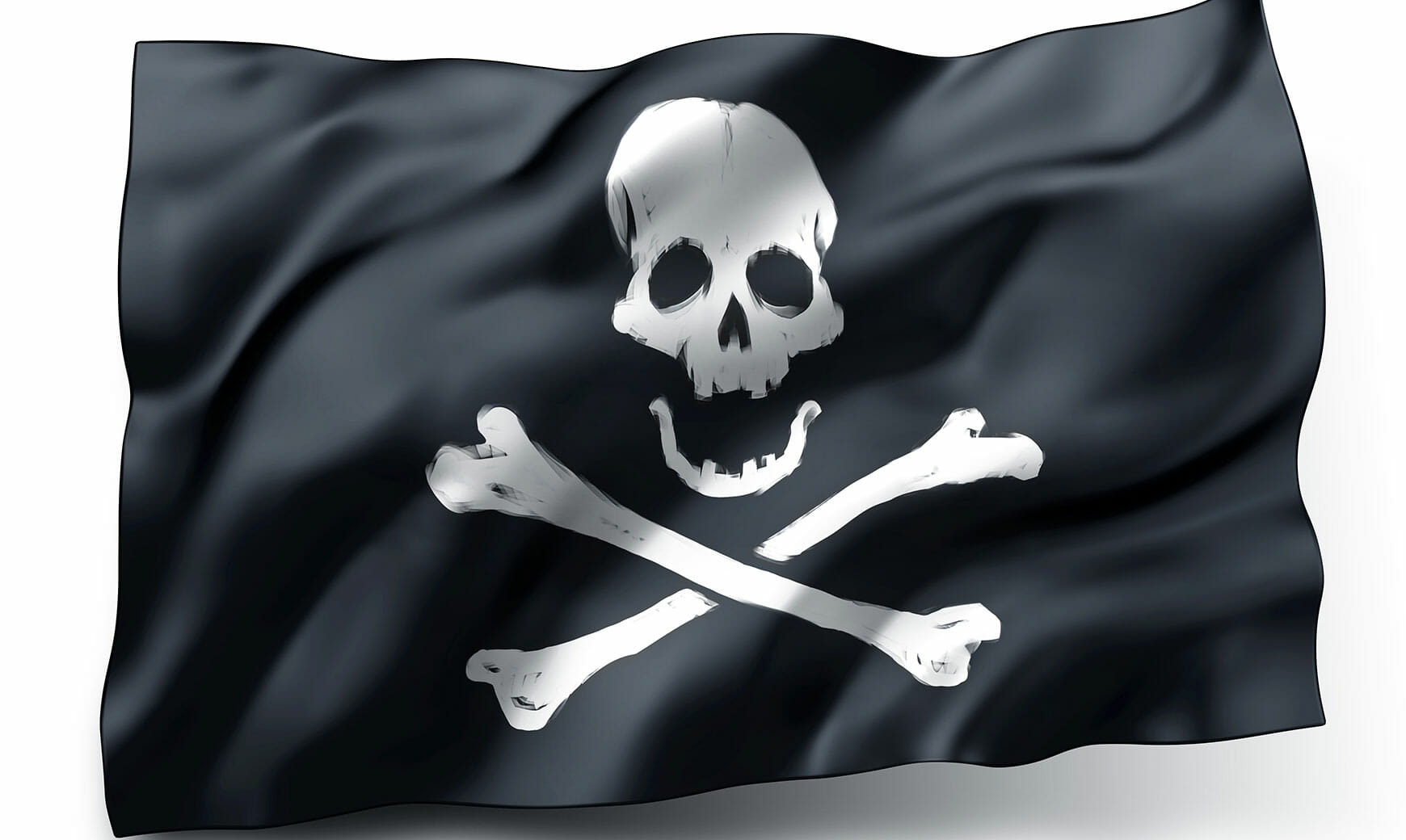I am the very model of a federal court litigant,
I’ve videos of sunken pirate ship and copyright certificate.
North Carolina copied, causing harm not insignificant,
So I sued it for copyright infringe-a-ment.
The trial court declared my case was oh so legitimate,
But the state said it’s immune under the Eleventh Amendment.
The Supreme Court took pity and I thought would validate my cause,
But sided with the state by relying on quite old laws.
(With apologies to Gilbert & Sullivan.)
The saga of Blackbeard the Pirate may predict some of this term’s most important and controversial Supreme Court cases. In 1718, Blackbeard’s flagship, the Queen Anne’s Revenge, sank off the North Carolina coast. That was just a few years after the 1710 passage of the Statute of Anne, which was the first law to regulate copyrights. Fast forward to 1996, when a marine salvage company discovered Blackbeard’s sunken ship. By law, the sunken ship belongs to the State of North Carolina. North Carolina hired the salvage company to recover the cannons and pirate booty. The salvage company hired Frederick Allen to record its recovery efforts. Allen took videos and photos and obtained copyright registrations for the works. Without Allen’s permission, North Carolina posted some of the videos to a state website and published a photo in a state newsletter. Allen sued the State of North Carolina for copyright infringement.
Claiming sovereign immunity, North Carolina sought to dismiss the suit. The trial court sided with Allen, the intermediate appeals court sided with North Carolina, and, in 2019, the Supreme Court took up the case. For the Court, this was actually an easy case because, in 1999, the Court decided a nearly identical case concerning a patent infringement suit against a state that raised similar questions. The earlier case involved a federal law providing that states could not claim immunity from patent infringement cases in federal courts. The current case involves a federal law with nearly identical wording specifying that states could not claim immunity from copyright suits. Relying on the same reasoning and logic that applied to the 1999 patent case, the Court ruled that the law was unconstitutional, and thus North Carolina was immune from suit. The Court did, however, give Congress hints on how it could craft a law barring sovereign immunity in patent and copyright suits that would pass constitutional muster. Whether Congress acts on the hint remains to be seen.
This case has implications for many state agencies and state universities that may consider copying materials that they otherwise would have to license from the copyright owners.
For Court watchers, however, the copyright issues in this case are secondary to the Court’s statement on precedent. The Court relied on its earlier decision in the patent case, which some justices (Breyer in particular) and commentators have criticized. The Court, however, stated that stare decisis (i.e., the legal doctrine of following precedent) is a “foundation stone of the rule of law” and thus, to reverse an earlier decision, the Court would have to find some “special justification” above and beyond a belief that the earlier decision was wrongly decided.
Both conservative and liberal justices agreed with this proposition, the only holdout being Justice Thomas, who has recently questioned the doctrine of stare decisis. In his concurring opinion, Thomas asked whether a special justification is actually needed to overturn precedent. This term, the Court will decide some hot-button issues, like abortion and civil rights, in which litigants are challenging Court precedents. Perhaps the Court was foreshadowing how it will deal with precedents in those more controversial cases.
The case is Allen v. Cooper, Governor of North Carolina, No. 18-877 (US, March 23, 2020).
McCarter & English has a team of lawyers well versed in copyright law and available to assist you with your copyright and other intellectual property concerns.
